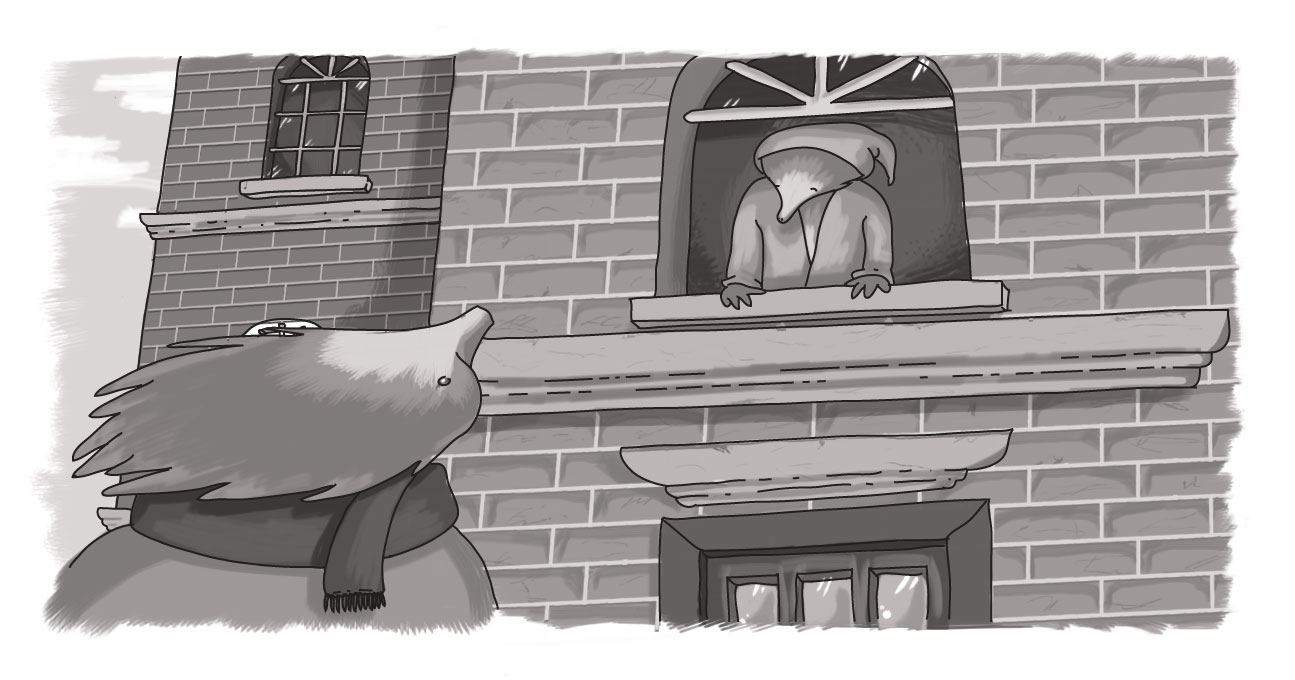Caring or Opportunism? How to Do the Right Thing

There’s a fine line between genuine sympathy and the perception of opportunism. Even if your heart is in the right place, public opinion can become reality very quickly. Nothing stains a brand or a company longer than the thought that you’re trying to profit from tragedy or that your corporate social responsibility efforts are motivated by less-than-altruistic ideals.
For the most part, I want to believe that companies try to do the right thing. Why? Because at the root of it all, every company is owned and operated by people. And people, by and large, are compassionate, caring, and want to help.
Most recently, we saw an outpouring of grief following the Newtown, CT. murders. This happened just days after a corporately organized televised concert to help the victims of Hurricane Sandy. From New Orleans to Port-au-Prince; from the Philippines to Japan; from Slave Lake to the Saguenay, people from all walks of life band together to make a difference. On a day-to-day basis, we see companies supporting local community endeavours and agencies either through donations or by lending their institutional talents and abilities.
But we’ve also seen the darker side of response: from businesses price-gouging for generators during the Ice Storm in 1998 to companies sending inappropriate Tweets or being too glib in linking a sale or promotion to an event.
There are many differences between a personal and professional response to an in-the-moment tragedy. By all means, as an individual you can take to social networking, spread the word, and do whatever’s in your power to make a difference. As a corporate entity, though, you need to think things through.
Companies will want to ask themselves the following:
- Are we doing it for the right reasons? If, at any point, the words ‘This will be great publicity for us!’ comes up, then maybe your heart isn’t in the right place. It’s Corporate Social Responsibility, not Corporate Social Opportunity. If, however, you believe that your company can make a difference through your efforts, then go ahead!
- Does it need to be public? This is a good question to follow after the first. If your corporate heart is motivating you to give, are you comfortable making your donation without an accompanying press release or media event? If the recipient, or the agency to which you’re donating, chooses of its own volition to publicly thank your efforts, that’s great, but public adoration shouldn't be part of the equation.
- Can we use our influence to motivate our customers and/or affiliates? This may be the only truly altruistic reason to go public with your efforts. If you feel you can engage your customers, your employees, or your contacts to come together for a greater good, then by all means shout your efforts from the rooftops. Whether it’s gathering food, collecting supplies, or a corporate match of funds raised, companies often do have the resources at their disposal to make a difference.
In all cases, the impetus shouldn’t be “look at me,” but rather, “focus on them.” The eyes of your customers and network should remain squarely on those impacted by the tragedy -- and your efforts should reflect that. Even after the fact, try to resist publicly publishing anything that resembles a “look how great we are!”
This also extends to your day-to-day corporate social responsibility efforts within your own community. There's a perceived difference between subtle acknowledgement and shouting from the rooftops. In the end, any public self-aggrandizing behaviour only opens up the opportunity to make your customers and potential question your motivation.
It’s a fine line, admittedly. There’s something to be said for being proud of your efforts and wanting to share that with the community, just as there’s something to be said for setting an example for others to follow. But how you approach that responsibility says a lot about you in your community: do you choose to let others speak to your reputation, or do you choose to draw attention to your efforts yourself? Is a simple behind-the-scenes “thank you” enough or are you in it to make sure everyone knows what you've done? Those are the choices you, as a corporate entity, need to make.
The worst thing a company can hear is people saying, “Oh, they’re just doing that for the publicity!” -- especially if that’s not the motivation. Public perception of that type can negatively impact your efforts, dilute a positive message, and actively turn people away from doing positive work.
There are a lot of ills in this world that we have the power to correct. And by doing so with humility and by putting the recipients’ needs first, we can maximize our impact on this world.
To quote Sunday-Bolorunduro Awoniyi, the late Nigerian politician, “There is no limit to the amount of good a man can do, as long as he does not care who takes the credit."
How should my company respond to a tragedy?
How do I promote my company's charitable efforts?
SUBSCRIBE TO OUR E-NEWSLETTER
 Subscribe
Subscribe


